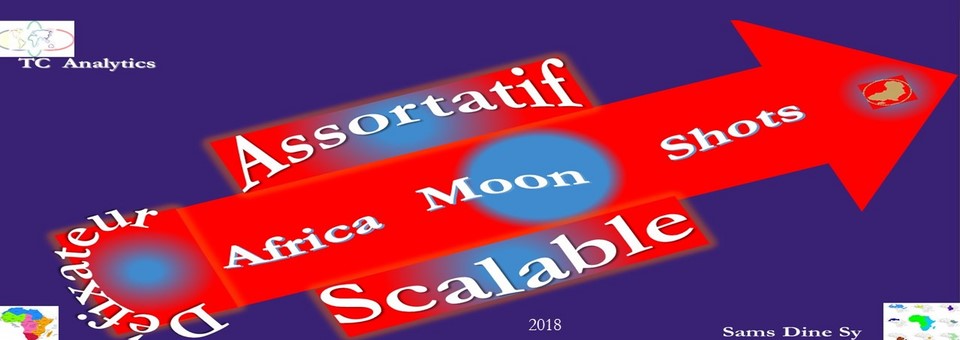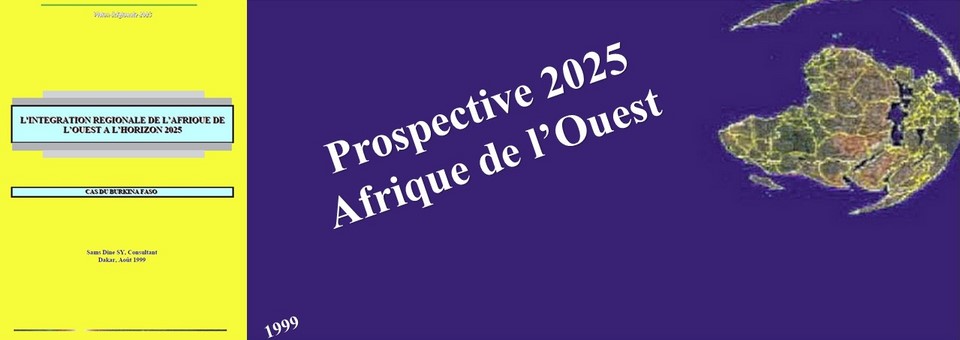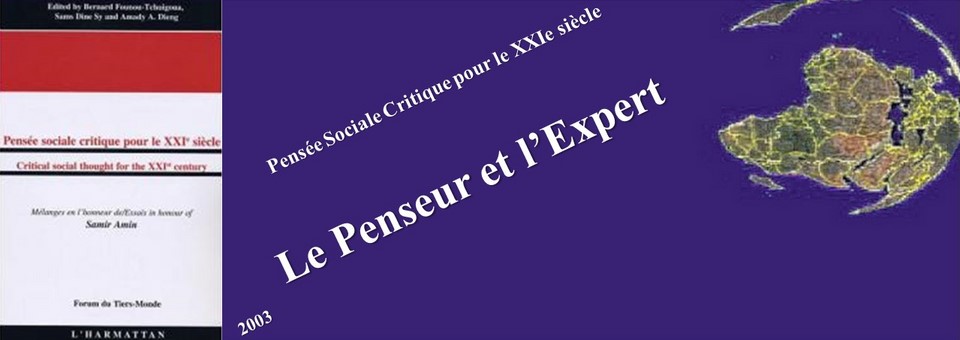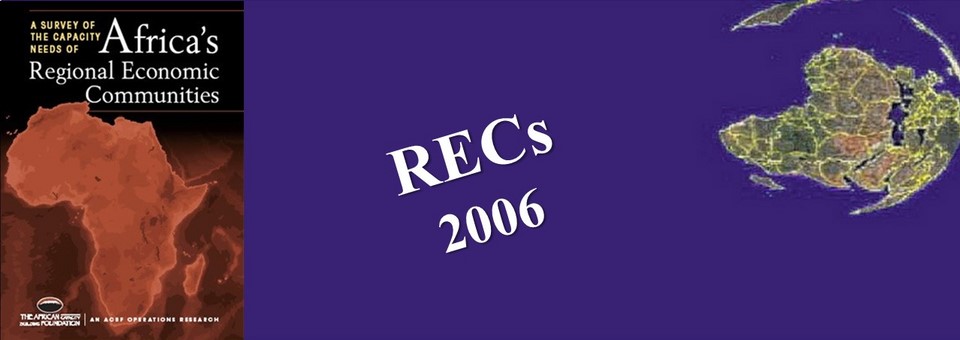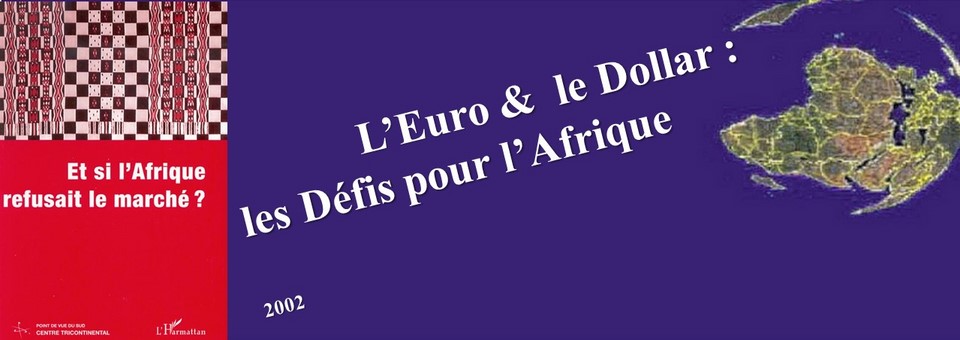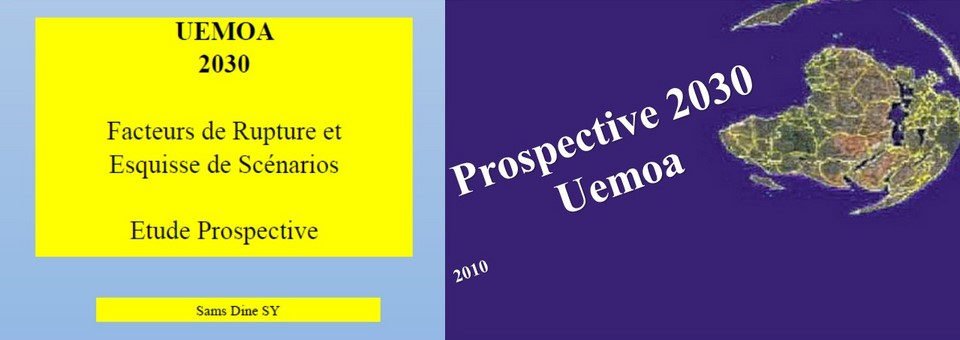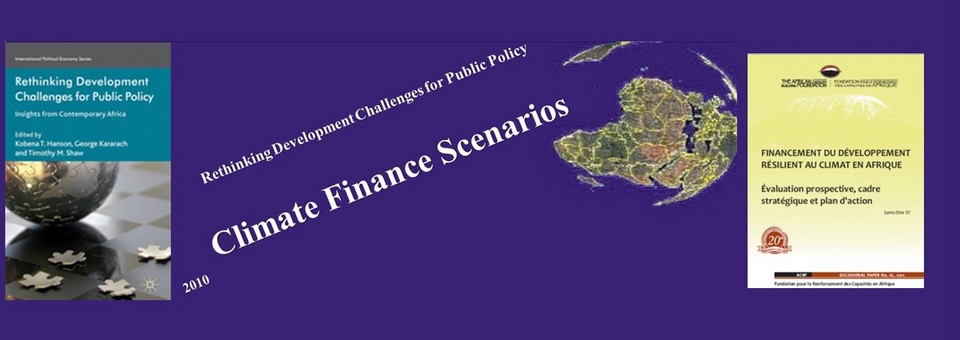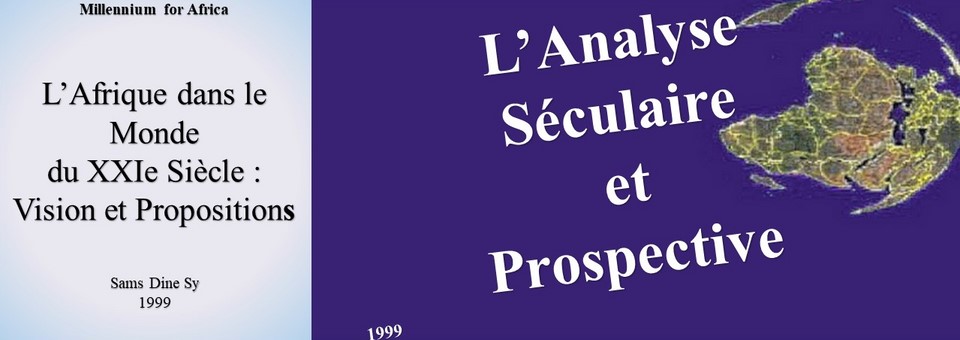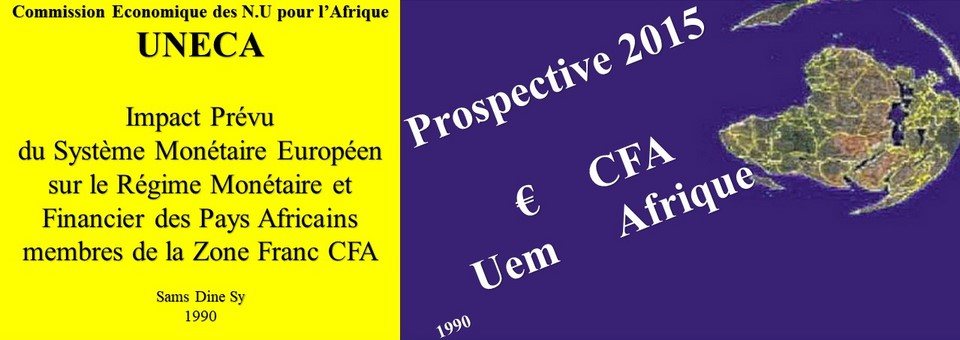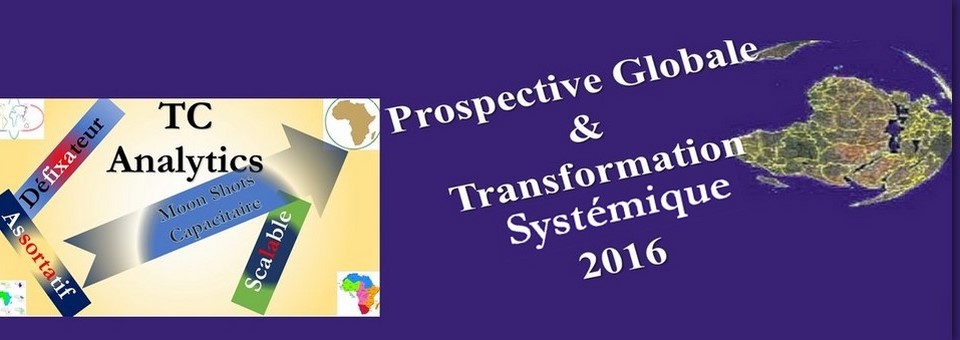POLICY ANALYSIS :
Deployment in Africa
Nobel Prize in Economics ?
SAMIR AMINtribute
Article published in 1999 by Sams Dine SY in the newspaper Sud Quotidien, Dakar
SAMIR AMIN, NOBEL PRIZE IN ECONOMICS?
Samir Amin is not only a thinker but also an expert who turns knowledge into action. As an economist, he reflected as much on reality and concepts as on the art of articulating them. He analyzed his intellectual journey in a work of the same name. His curiosity has spread to other sciences. Above all, he has imbued himself with the mechanisms of organization and institutional coordination of research, and has devoted his professional life to their promotion. He has served his discipline by opening it up to related sciences; his school of thought, essentially based on scientific research and analytical theory, is about to become its pivot he has made economics an intelligible social science and introduced into the economic debate a pragmatic and ethical element by giving a voice to researchers who were excluded because of their membership of the Third World or an explicit ideology.
Modern innovation theory and the powerful tools of scientometry should be used to shed light on the many facets and springs of his work. If by any chance the wise men of the Nobel Prize Committee selected the winners on the basis of exclusively scientific criteria, the name Samir Amin would obviously be imposed on them.
The openness and deepening of economic science at the heart of its thinking
The extension of the field of economics has undoubtedly contributed to its greater integration in the social sciences and to making this discipline less strange to the general public. His thesis was responsible for shattering the monopoly exercised over conventional economic theory by the neoclassical and Keynesian paradigms. Indeed, he conceptualized, before anything else, the process of globalization and proposed its formalization through his model of accumulation on a global scale. He confronted his theory to the realities of the Third World to show the absurdity of the logic of structural adjustment to the market economy imposed on his countries. It has renewed economic and social thinking by proposing new fields of experimentation and creating institutions to organize research. His project and his destiny also led him to speak and act about that elsewhere that is Africa, when his peers settled in milder places to express themselves.
A school of thought that serves as a pivot for reflection on globalization
Samir Amin is the pursuit of knowledge through a unique production and distribution system. Attempts to silence him or underestimate his contribution are numerous. Some have tried with an academic kitchen to confine him to the role of leader of one of the currents of the African school of dependence, under the pretext that this thought first spread to Latin America. Plundering savagely in its founding analysis of global structural adjustment and accumulation - since it dates back to 1954 - others have drawn infernal applications from it with turnkey programs and single-mindedness. Those best inspired have drawn from his work the tools for understanding this emerging reality that the word globalization does not sum up.
Let it be enough to reread to be edified, the works of I. Wallerstein, M. Beaud, F. Chesnais, R. Boyer, M. Aglietta, D. Korten, S. George, R. Petrella, N. Chomsky, M. Chossudowsky, R. Went, E. Mandel, L. Panitch, A. Mac Evan, P. Moreau-Defarges, J. Attali, P. Krugman, J. M. Siroen, B. Ghali, J. M. Durand, F. Nicolas, Z. Laïdi and F. Satchwald among others, not to mention the researchers who gravitate around the Third World Forum, an NGO he created.
It is on the basis of an economic evaluation of the stakes of globalization and its effects - begun as early as 1954 with his thesis - that he gradually gave substance to this concept by providing it with historical depth and theoretical foundations. It was not until the 1990s, however, that this concept was popularised by a new generation of European researchers and analysts who tried to react to the reductive perception of the Anglo-Saxon word globalization. He has thus contributed more than any other to making Dakar a place of considerable events, perhaps dating for Africa, the origin of a universal school of thought.
Giving researchers a voice, against all odds
When Samir Amin created the African Council for Social Science Research in Africa (Codesria) in 1971, when he took office as head of the African Institute for Economic Development and Planning (Idep - United Nations), he wanted to give researchers a voice. He had tried in vain to transform this Institute, which had been conceived as a training school for planning techniques, into a Research Centre. The initiative had diverted its supervision, which did not succeed in exerting an influence on its conception and on the process of valorisation of the results of the research and the competences put in network by the Codesria.
However Samir Amin cumulated the post of executive secretary with that of director of the Idep, used the Codesria to disseminate all kinds of work and systematically set up research networks outside the Institute for which he was responsible. It was actually a race against time. It was necessary to anticipate a crisis which, in any case, was inevitable as its positions on the development of Africa were opposed to those of the dominant intellectual current during the 1970s.
This current had been synthesized since the 1950s by the proposal of Professor W. W. Rostow who, under the pretext of helping the apathetic and static peoples not to succumb to the sirens of communism, sought to make them the principal defenders of the interests of the United States in the world. While this trend had declined during the 1970s, it was still well represented by MIT research, funded by the CIA and supported by the World Bank and IMF in data collection and analysis. Moreover, the mystery still hangs over the origin of the decline of development research. Was this decline due to the weak explanatory power of this theory? Or the bursting of its field under pressure from other areas? Or to its obvious ideological orientations, which kept independent researchers away from it? Undoubtedly, the emergence and vigour of the so-called heterodox current, in which Samir Amin occupied the central role of critic of the theory of development, had a lot to do with it, judging by the ostracism of which he was the object, especially when he was professor at the Idep, during the 1960s, and finally from the second half of the 1970s, when he was still its director.
The violence of exchanges between Samir Amin and his guardianship, notably from 1976 onwards, is widely apparent in the documents of the time. The political issues surrounding the Institute's management led to coalitions around and against the Director. The extreme passions and positions that were expressed during his stay in the institute and even after, during the 80s and 90s have not quite calmed down. There is no guarantee that one day he will arouse the indifference of his contemporaries, so much he will have marked the post-independence world through his work and his commitment as an intellectual. Simply because he spoke as a researcher.
It is astonishing to note that he is the only internationally renowned economist still investing in Africa and probably the only African to be able to do so from an adopted country. At a time when academics are rather tempted by the dizziness of mathematical economics as evidenced by the delivery of the Economic journal on the occasion of its centenary (Economic: The next 100 Years? (1991)); at a time when African social scientists only have eyes for the work done in laboratories in the North, Samir Amin's consistency in these intellectual choices commands respect and is an example for future generations. By speaking from Africa, he has never stopped contesting this exclusive right that some economists have arrogated to themselves to speak of a real economy. By expressing himself on all the social problems, he taught Africanists or postmodernists (Africans, Afro-Americans and Europeans) to break the impasse of the critique of the discourse on Africa in which they locked themselves, to still and always better underline the specificities of the homo africanus.
The last Codesria General Assembly: a turning point
The last Codesria Assembly held in Dakar in December 1998 highlighted the topicality and relevance of its project. His intervention in the deliberation procedure before the election of the executive bodies was the highlight. Noting the dizzying rise in economic and social research needs, he nevertheless - with his own coded language - warned participants against the food excesses that were looming over the institution, when the granting of grants was one of its most important activities. He alluded to the quality and practical usefulness of the work, suggesting that the consequences of the increased role of Codesria in the production of certified scientific knowledge should be well assessed. He also pleaded for the preservation of the independence of Codesria, the only guarantee of its inclusion in the evolution of relations between the social sciences, the instruments through which they are operationalized and societies, African in particular. In his own way he castigated the ostracism of which he knows the misdeeds for having paid the price, without taking a stand on the inevitable quarrels of precedence in any institution in full growth. Finally, he urged the Management to remedy the shortcomings of the Codesria.
Without dwelling too much on this, he evoked the original concept, which was to create a privileged place of inter and multi-disciplinarity within the field of social sciences. The least we can say is that, starting from economics, the research programme has gradually opened up to political science, sociology, history, anthropology, geography and more recently to gender issues. It was also about making one of them
a field of theoretical and empirical investigation where, by definition, economics, politics and social issues do not exclusively concern economists, policy & political analysts and sociologists. In its understanding, economics concerns specialists in fields as varied as epistemology, art, culture, strategy, geopolitics, evaluation, management, governance and ecology.
Of course, any attempt to open an academic discipline to other fields carries with it floating theories, inconsistent notions and sometimes pure fiction. It provides actors with an unprecedented pressure capacity the opportunity to proliferate, even if mandarins and dinosaurs watch the grain. That is why we sometimes heard more buzzing than ruching, as one informed participant put it. But we must not forget that the Codesria's golden rule has always been the intellectual and institutional freedom of researchers. This freedom has for counterpart the dispersion of the objects of research and the eclecticism proper to any innovative institution. That is why all free men must plead so that whoever has invested so much in promoting this discipline, obtains the Nobel Prize for Economics.
